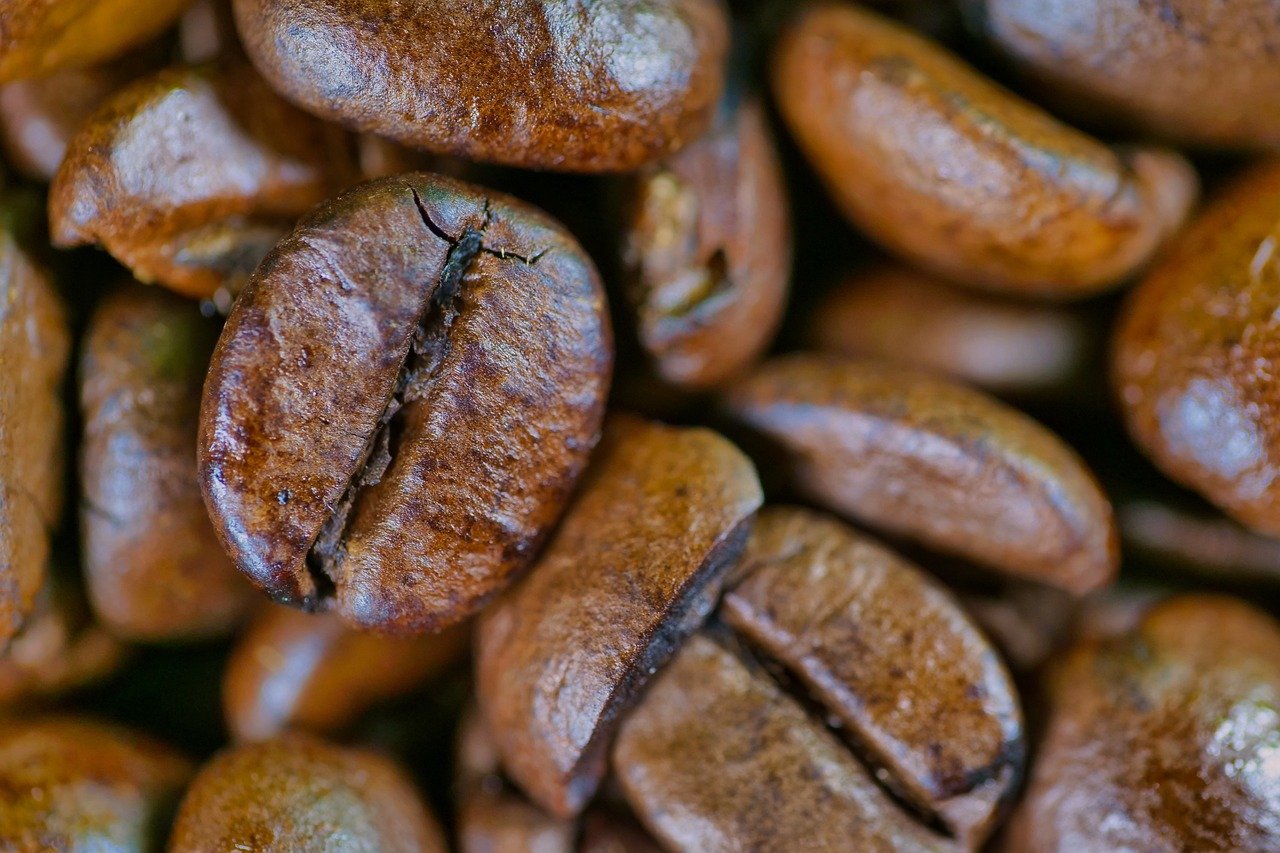The Rise of Specialty Coffee: A Trend Analysis

The Rise of Specialty Coffee: A Trend Analysis
The transformation of coffee consumption has evolved dramatically over the last two decades. The emergence of specialty coffee has not only changed consumer preferences but also reshaped economic models within the coffee industry. Specialty coffee is characterized by high-quality beans sourced from specific regions, meticulous processing methods, and attention to brewing techniques. The rise of this segment can be attributed to various factors including a growing appreciation for quality, sustainability, and unique flavor profiles.
Understanding Specialty Coffee
Specialty coffee refers to coffee that scores 80 points or above on a 100-point scale by the Specialty Coffee Association. This rating is determined through rigorous evaluation based on attributes like aroma, flavor, acidity, body, and aftertaste. These coffees are typically single-origin, meaning they come from a specific farm or region, and often undergo unique processing methods that highlight specific flavor notes. The focus is on the bean’s journey from farm to cup, a journey that many consumers are increasingly eager to understand.
Consumer Preferences and Education
The modern coffee drinker is evolving. The availability of information through social media and online platforms has led to a more knowledgeable consumer base that understands and values quality over quantity. The rise of specialty coffee coincides with demands for transparency in sourcing and production methods. Baristas today are seen as more than just order-takers; they play an educational role, explaining the nuances of different brew methods, flavor notes, and the origin of the coffee beans.
Quality Over Quantity
As consumers turn away from mass-produced coffee options, they are seeking quality experiences over simple caffeine fixes. This shift is seen in the growing number of artisanal coffee shops that prioritize small-batch roasting and direct trade sourcing. The artisanal approach enables these shops to create unique offerings, engage customers in the craft, and differentiate themselves from major chains. Specialty coffee shops provide an immersive sensory experience, where the intricacies of brewing processes are highlighted, allowing patrons to appreciate every facet of their beverage.
Sustainability and Ethical Sourcing
Another driving force behind the rise of specialty coffee is the increasing awareness of sustainability and ethical sourcing practices. Consumers are increasingly concerned about the impact of their choices on the environment and the livelihoods of coffee producers. Coffee enthusiasts are now seeking out brands that support sustainable farming practices and fair trade initiatives. This trend is deeply integrated into the specialty coffee culture, where transparency is paramount. Coffee brands that highlight their eco-friendly practices often attract a loyal customer base willing to pay a premium for their products.
Technological Advances
Technology plays a pivotal role in the growth of the specialty coffee market. Advancements in roasting techniques, brewing equipment, and grinding methods have dramatically improved the coffee experience. Consumers now have access to tools that allow them to brew coffee that rivals café offerings in their own homes. Equipment such as pour-over devices, AeroPresses, and bean-to-cup machines are becoming increasingly popular, allowing home baristas to explore the full spectrum of flavors found in high-quality beans.
Coffee Subscriptions and Delivery Services
The specialty coffee trend has led to the rise of subscription services that deliver high-quality beans directly to consumers’ doorsteps. These services provide curated selections from various roasters and can introduce consumers to unique flavors from around the world. By offering subscription options, companies reduce barriers to entry for consumers intrigued by specialty coffee but unsure where to begin. Accessibility expands this niche market, reaching customers who value convenience but aren’t willing to compromise on quality.
The Influence of Millennials and Gen Z
Young consumers, particularly millennials and Gen Z, have become pivotal in the growth of the specialty coffee market. This demographic is not just interested in the taste of coffee, but also the story behind each cup. The desire for authenticity and the value of experiences over material possessions has greatly influenced how they engage with brands. Specialty coffee shops serve as social hubs, where youth culture, creativity, and entrepreneurship intersect. This community aspect is integral, fostering relationships among coffee lovers and further driving the demand for specialty coffee.
Global Expansion of Specialty Coffee Markets
While specialty coffee began as a niche market, it is experiencing global growth. Countries traditionally associated with commodity coffee are now cultivating specialty varieties, contributing to global diversity in flavors and processing methods. Regions like Colombia, Ethiopia, and Guatemala are embracing their heritage and producing award-winning coffees recognized globally. As more nations engage in this market, consumers are likely to encounter an even broader array of flavor profiles and unique coffee experiences.
Challenges and Future Directions
Despite its rapid growth, the specialty coffee sector faces challenges, including fluctuating market prices and climate change, which impacts crop yield and quality. Producers need to adapt to changing climates and consumer preferences, maintaining quality while ensuring sustainability. Retailers must also navigate rising costs and consumer expectations for quality. Collaborative efforts between roasters, producers, and consumers will play a significant role in the future of this burgeoning market.
Final Thoughts
Specialty coffee is not merely a beverage but a cultural phenomenon representing quality, sustainability, and a deep connection to the origins of the product. As consumer preferences continue to evolve, the specialty segment is likely to experience further growth, shaped by trends in sustainability, innovation, and consumer engagement. The future of specialty coffee will rely on a balance between maintaining high-quality standards and addressing the challenges facing the coffee supply chain, ensuring that this exquisite segment remains vibrant for generations to come.









